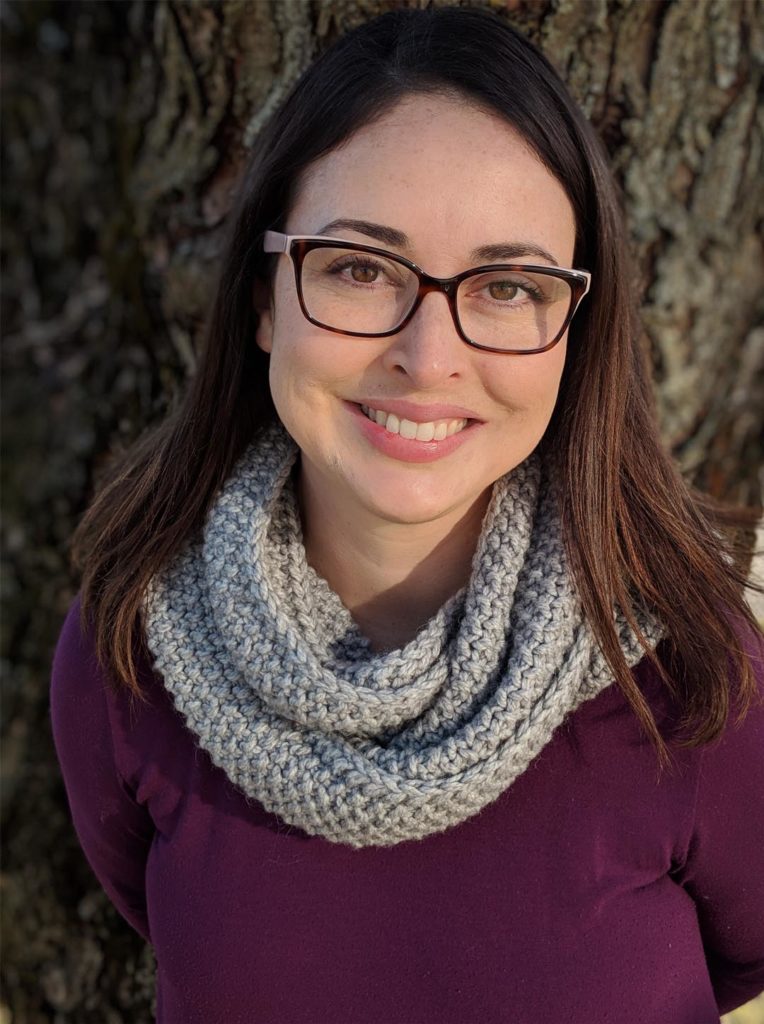Children Speech Therapy and Pathology Coeur d alene
Lake City PT in partnership with Katie Weeks M.S, SLP-CCC offers parents in the greater Spokane and Coeur d alene community speech therapy and pathology services. Learn more about speech therapy below.
Does My Child Need Speech Therapy?
There is no right way for a child to grow, but making sure your child has speech mastered is essential for their life.
When it comes to children learning speech, some experience challenges. Specifically, learning to process verbal and body language can be a hurdle some kids face.
This is where speech therapy helps.
If your child is having trouble making requests, having conversation or making friends this may be related to speech therapy.
The following is a list of common signs that a child needs extra help with speech development:
- speech (pronunciation)
- language (understanding and using words and sentences)
- stuttering
- literacy (reading and writing)
- social skills
- listening and auditory processing
- voice
- swallowing
What Do Speech and Language Pathologists Do?
A speech and language pathologist identify patients speech challenges and then create a roadmap to speed up language adoption.
They help patients learn how to organize sentences, pronounce words, and have conversations.
Often speech pathologists find interest of their students and teach speech based off a patients interests.
The goal is to make language fun and set the foundation for a person’s ability to communicate.
…
Does your child need speech therapy? Schedule a free consultation with the form below.
…
Meet Your Childs Instructor Katie

Katie Weeks M.S, SLP-CCC, is a fully licensed and nationally certified speech-language pathologist, specializing in pediatric communication disorders.
Over the past 12 years, she has had diverse work experience including school-based services, independent contracts, home health services, and clinical practice.
Her top priorities include family education, home carryover programs, and establishing excellent rapport with the families in her care.
Katie enjoys working with a variety of age groups and impairments. Typically she treats children between 18 months to 18 years old. Such clients have included children diagnosed with autism spectrum disorder, intellectual disability, auditory perception disorder, hard of hearing, and other syndromes. S
ome common disorders she treats include early intervention services, phonology, articulation, language, fluency, voice, and social communication disorders.
When not fostering communication skills, Katie enjoys spending time with her husband and three children by exploring outdoors and serving their local church and school communities.”
Speech Therapy Programs
Speech therapy is built on the foundation of activities. Different activities address different speech related challenges.
For example a speech pathologist could have a patient blow bubbles in a cup of soapy water to teach students how to make vowel shapes and blow out air. Another activity example is tossing a bean bag back in forth repeating the “the” sound, making the focus be away from the word and more on the physical action.
Programs are specific to all students need and are developed based on the goals that both patients, parents and pathologist think are important.
Understanding Speech Delays
There isn’t something wrong with a child that has speech delays, they just have to work harder to understand cues from the world about communication.
Speech delays often occur when there’s a problem in the areas of the brain responsible for speech, making it hard to coordinate the lips, tongue, and jaw to produce speech sounds. Kids might also have other oral-motor problems, such as feeding difficulties. Hearing problems are also commonly related to delayed speech.
Some speech delays happen when students are on the autism spectrum.
Whatever may be the cause of the speech delay, a good pathologist can recognize this and address it.

